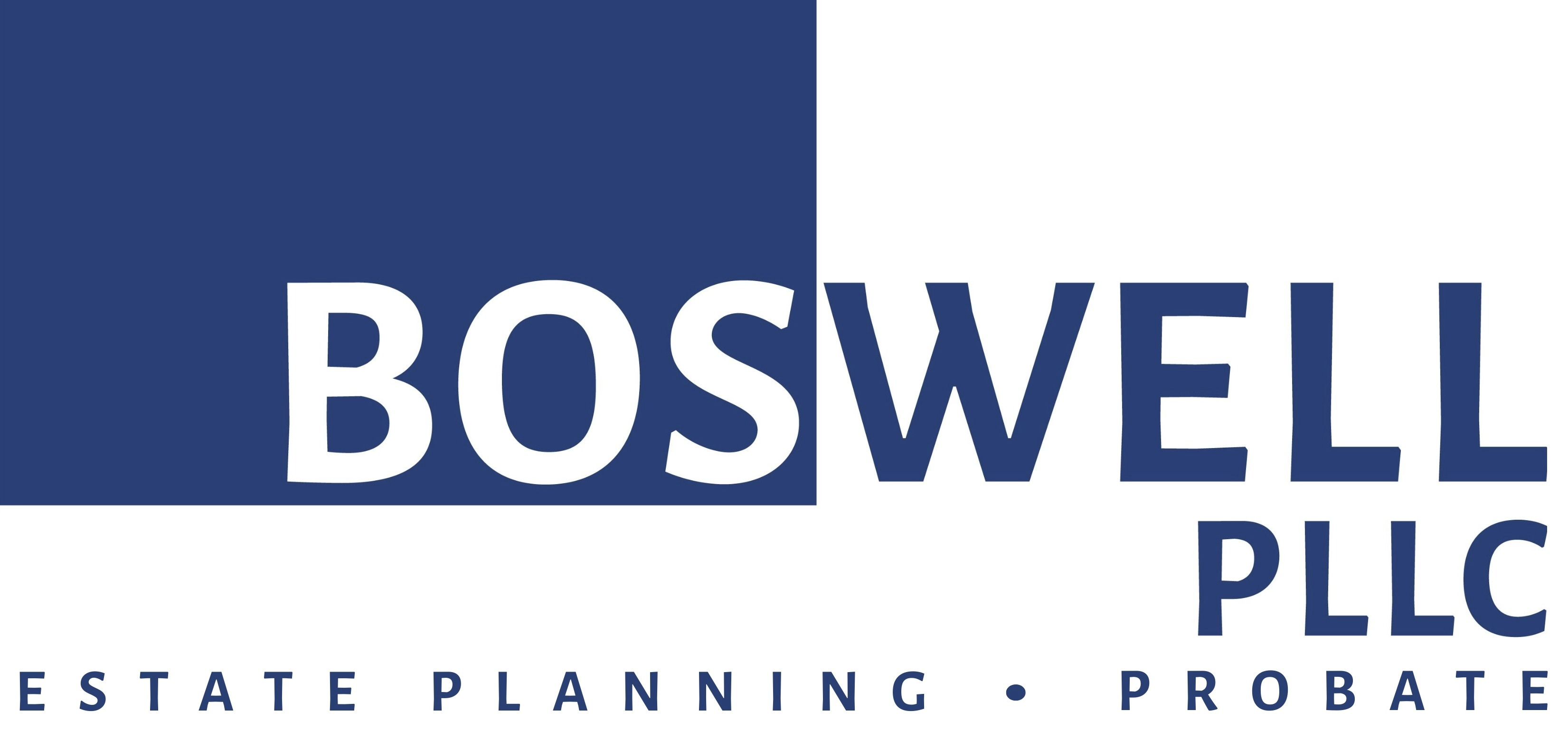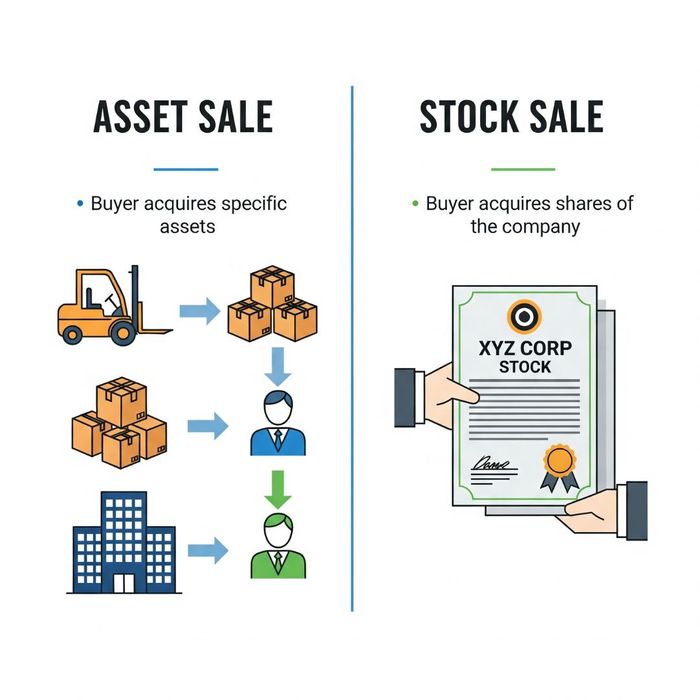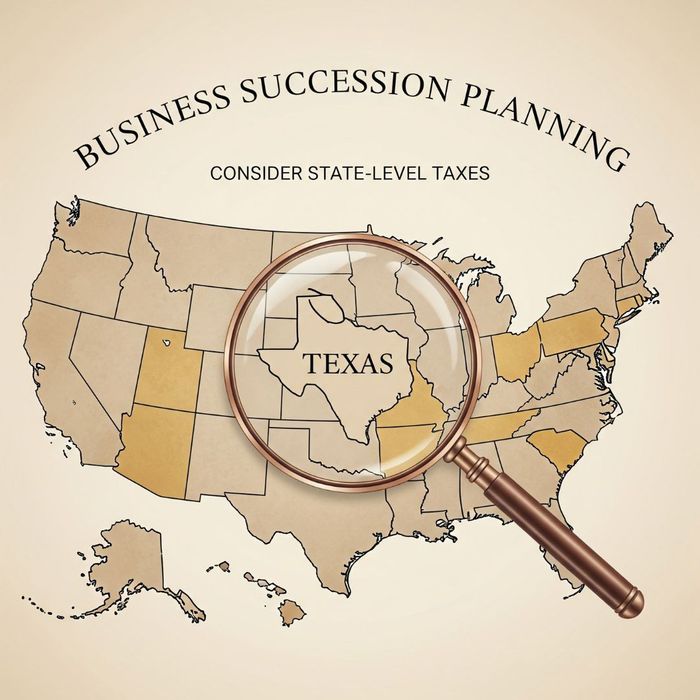As a successful business owner, you’ve dedicated years to building your enterprise. The time will eventually come to pass that legacy on to the next generation, a key employee, or an outside buyer. This transition, however, involves far more than a simple handshake. A well-crafted business succession planning strategy is essential, and at its core are critical tax implications that can significantly impact the value you and your successor receive.
At Boswell, PLLC, we guide our clients through this complex process. A poorly structured plan can trigger unexpected and substantial tax liabilities, diminishing the wealth you’ve worked so hard to create. Here are six crucial tax considerations every owner must address. Contact us today.






